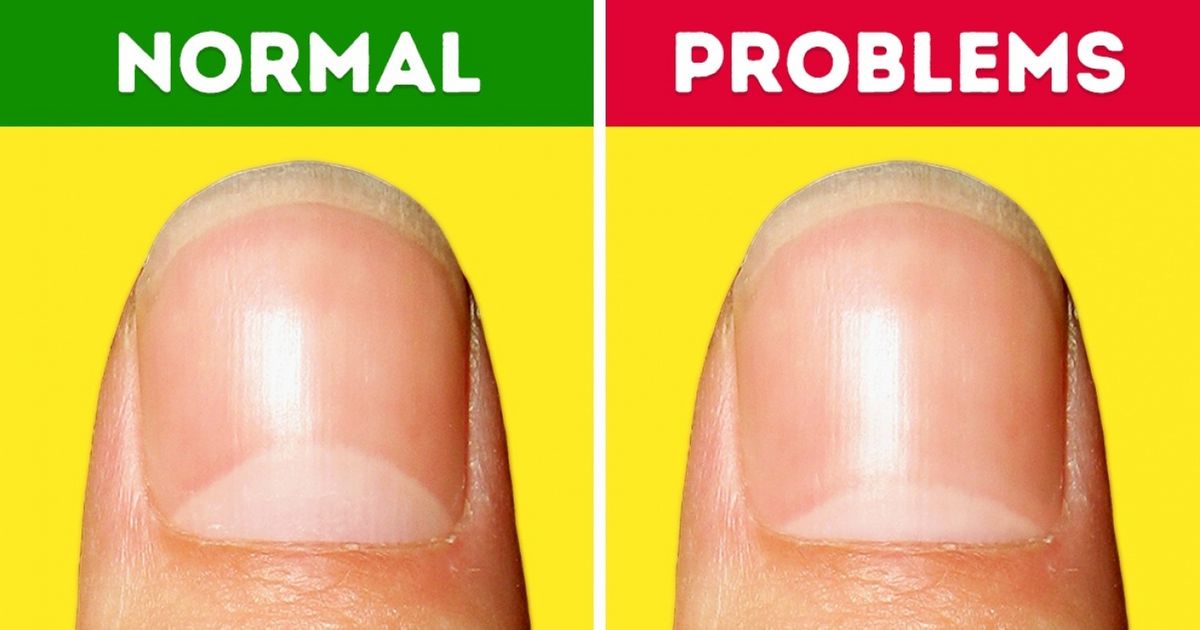Water is essential for life, and the temperature at which you drink it can have a significant impact on your body. In today’s health-conscious world, many are asking: should you drink warm water or cold water? Both have their benefits and potential drawbacks and understanding these can help you optimize your health and wellness. In this article, we’ll explore the effects of cold water on your digestion, energy levels, heart rate, and mucus production. We’ll also dive into the benefits of warm water, including detoxification, pain relief, stress reduction, and weight loss. Let’s take a closer look at how the temperature of your water can influence your overall well-being.
Cold Water: Potential Drawbacks and Concerns
While cold water can be refreshing, especially on a hot day, there are several reasons why it might not always be the best choice for your health.
Cold Water and Digestion: How It Can Disturb Your Digestion
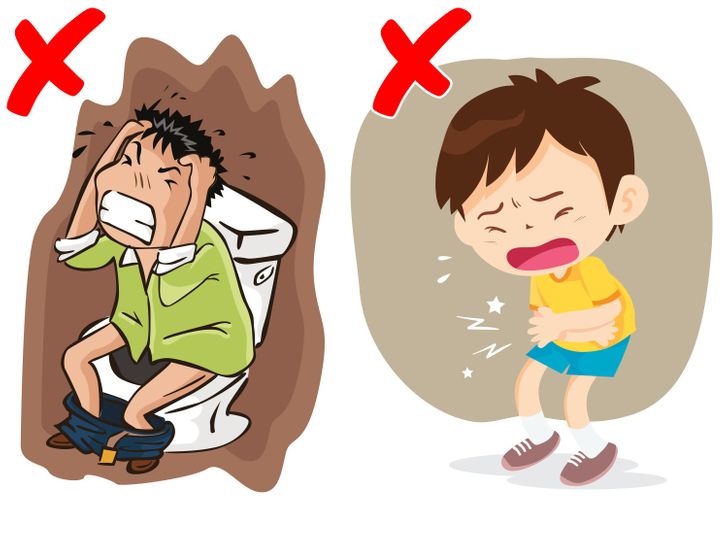
Drinking cold water can sometimes shock your system, potentially interfering with the natural digestive process. When you consume cold water, it may cause the blood vessels in your stomach to contract. This contraction can slow down the process of digestion by reducing the efficiency of enzyme activity and affecting the breakdown of food. For individuals with sensitive digestive systems or conditions like irritable bowel syndrome (IBS), cold water might exacerbate discomfort or cramps.
For further insights on digestion and the effects of water temperature, check out Healthline.
Cold Water and Energy: It Saps Your Energy Levels

Cold water can also sap your energy by causing your body to expend additional energy to maintain its core temperature. When you drink very cold water, your body must work to warm the liquid to your internal temperature. This energy expenditure might be negligible for most people, but for those already fatigued or engaged in intense physical activities, it can contribute to a feeling of sluggishness. Additionally, cold water may lead to a decrease in blood flow to the digestive tract, which can further reduce energy levels.
Learn more about energy metabolism and hydration at the Mayo Clinic.
Cold Water’s Impact on Heart Rate: Lowering Your Heart Rate
Cold water consumption has been linked to a temporary reduction in heart rate. When you drink cold water, especially in large quantities, your body responds by constricting blood vessels—a process known as vasoconstriction. This reaction can lower your heart rate, which might be beneficial in some cases but could be concerning for those with certain cardiovascular conditions. If your heart rate is already low or if you have been advised by your healthcare provider to monitor your cardiovascular responses closely, it might be best to opt for water that is closer to room temperature.
For detailed cardiovascular insights, refer to WebMD.
Cold Water and Mucus Production: Creating Excess Mucus in Your Body
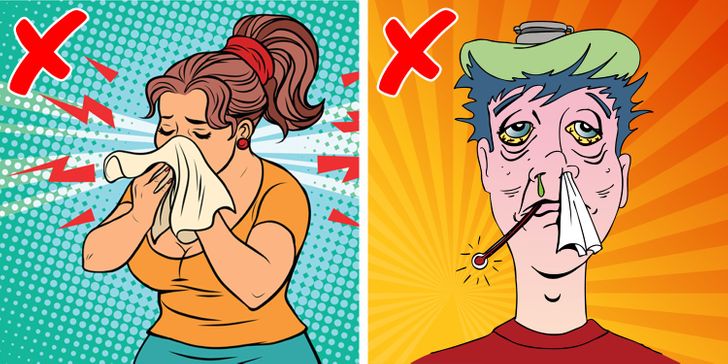
Another concern with drinking cold water is its potential to increase mucus production. Cold water can sometimes trigger the body to produce excess mucus, which might lead to congestion or worsen symptoms of a cold or respiratory infection. The body may respond to the sudden temperature change by increasing mucus secretion as a protective mechanism. For individuals who are prone to respiratory issues or allergies, choosing water at a warmer temperature may help reduce mucus-related discomfort.
For more information on mucus production and respiratory health, visit American Lung Association.
Warm Water: A Natural Ally for Your Health
In contrast to cold water, warm water offers a range of benefits that can enhance your health and support your body’s natural functions.
Detoxify Your Body with Warm Water: Natural Cleansing Effects
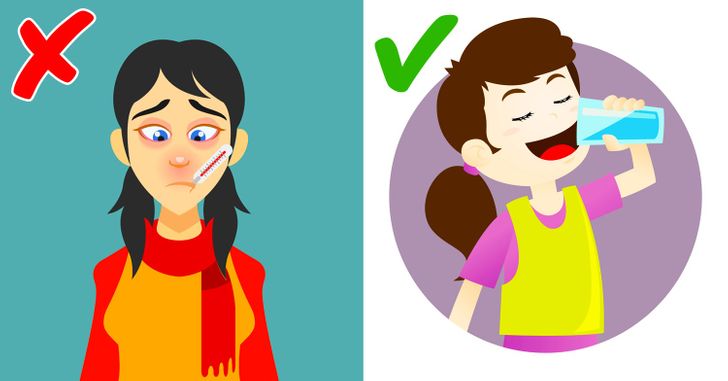
One of the most celebrated benefits of warm water is its ability to help detoxify your body. Warm water aids in digestion and stimulates the digestive tract, which can help flush toxins out of your system. Drinking warm water, particularly in the morning, may kick-start your metabolism and promote bowel movements, making it easier for your body to expel waste. The gentle heat helps break down food more efficiently, allowing your body to absorb nutrients more effectively and eliminating harmful substances.
To learn more about detoxification and hydration, explore articles on Medical News Today.
Warm Water and Pain Relief: How It Fights Pain
Warm water has long been used as a natural remedy for pain relief. The heat from warm water helps to relax muscles, soothe stiffness, and improve blood circulation. This can be particularly beneficial for individuals suffering from conditions such as arthritis, muscle spasms, or chronic back pain. By promoting relaxation and reducing tension, warm water can alleviate discomfort and contribute to a greater sense of overall well-being. Whether you drink it or use it as a compress, warm water can be an effective, non-invasive method to reduce pain.
For more on natural pain relief techniques, check out Verywell Health.
Warm Water and Stress Reduction: Decreasing the Level of Stress

Stress is a major factor that can negatively impact your health. Warm water has a soothing effect on the body and mind, which can help reduce stress levels. The calming effect of warm water is attributed to its ability to relax the muscles and stimulate the parasympathetic nervous system—the part of the nervous system responsible for rest and relaxation. Drinking warm water can help lower cortisol levels (the stress hormone), and when combined with deep breathing techniques, it creates a mini spa experience that can be both mentally and physically rejuvenating.
For additional stress management strategies, consider resources from Psychology Today.
Warm Water for Weight Loss: How It Helps You Lose Weight
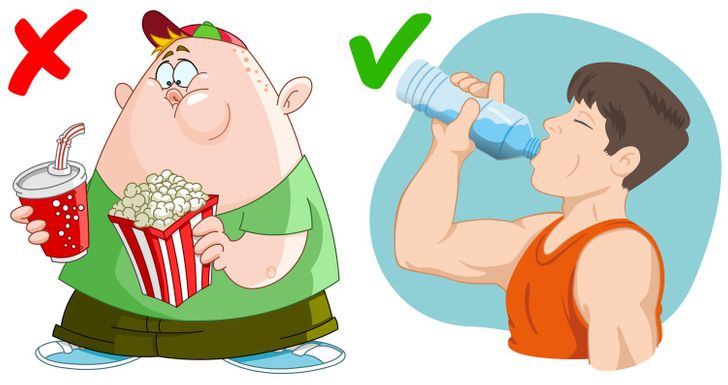
Weight loss is a common goal, and warm water might just be a supportive tool in your journey. Drinking warm water can help boost your metabolism, encouraging your body to burn calories more efficiently. The gentle heat can stimulate the digestive system, promoting the breakdown of fats and aiding in the absorption of nutrients. Additionally, warm water can help suppress appetite by increasing feelings of fullness, which may reduce overall calorie intake. Combined with a balanced diet and regular exercise, incorporating warm water into your daily routine can contribute to steady, sustainable weight loss.
For expert advice on weight loss strategies, visit NIH: National Institute of Diabetes and Digestive and Kidney Diseases.
Comparing the Effects: Warm Water vs. Cold Water
Understanding the different effects of warm and cold water on your body is key to making the best choice for your health. While cold water might offer a refreshing burst of coolness, its potential to disturb digestion, sap energy, lower heart rate, and create excess mucus makes it less ideal for some individuals, especially those with sensitive digestive systems or cardiovascular concerns. On the other hand, warm water provides several health benefits such as aiding in detoxification, offering pain relief, reducing stress levels, and even supporting weight loss.
Your ideal water temperature might vary depending on your body’s specific needs, the time of day, or even your current health status. For instance, during a workout or on a hot day, a sip of cold water might feel revitalizing, but for long-term health benefits, starting your day with a glass of warm water could set a positive tone for your metabolism and overall well-being.
Practical Tips for Incorporating the Right Water Temperature into Your Routine
Experiment with Timing and Temperature
Consider alternating between warm and cold water based on your daily routine. For example, try starting your morning with warm water to stimulate digestion and detoxification. Later in the day, especially after exercise, you might enjoy a glass of cold water to refresh and cool down.
Listen to Your Body
Pay attention to how your body responds to different water temperatures. If you notice digestive discomfort or increased mucus production after drinking cold water, it might be a sign to switch to warmer water. Conversely, if you feel sluggish or experience a drop in energy levels with cold water, try adjusting your hydration habits.
Combine with a Healthy Diet and Lifestyle
Remember that water temperature is just one aspect of a healthy lifestyle. Pair your hydration routine with a balanced diet rich in fruits, vegetables, lean proteins, and whole grains. Regular physical activity, stress management techniques, and adequate sleep are also essential components of overall wellness.
Consult with Health Professionals
If you have any underlying health conditions or specific concerns about how water temperature might affect your health, it’s important to consult with a healthcare provider. They can offer personalized advice based on your medical history and current health status.
For personalized guidance, you may refer to Mayo Clinic or consult your primary care provider.
Conclusion: Choosing the Best Water Temperature for Your Health
Both warm and cold water have their unique advantages, and the ideal choice depends on your personal health needs and lifestyle. Cold water can provide a quick, refreshing boost, but it may disrupt digestion, reduce energy, and contribute to mucus production. Warm water, on the other hand, offers a range of health benefits—from detoxifying your body and alleviating pain to reducing stress and aiding in weight loss.
Ultimately, understanding how water temperature affects your body can empower you to make better hydration choices. Experiment with different temperatures, listen to your body’s signals, and adjust your habits to support your overall health and wellness.
For more detailed insights on hydration and health, be sure to explore reputable resources such as Healthline, Mayo Clinic, and WebMD.
By being mindful of the water you drink and its temperature, you’re taking an important step toward optimizing your health. Whether you choose warm or cold water, stay hydrated, stay informed, and enjoy the journey to a healthier you.

